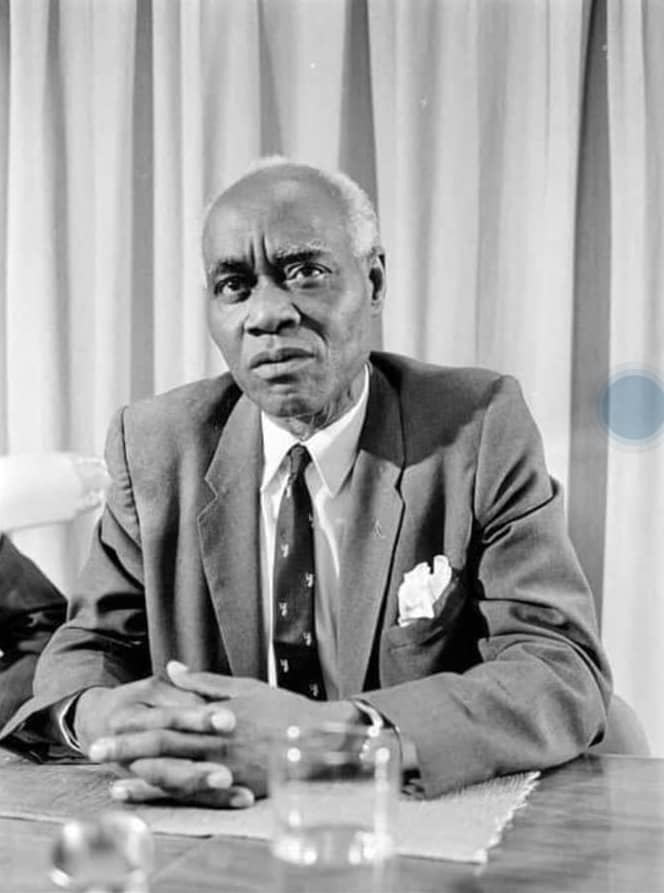Legacy of Dr. Akanu Ibiam: The Unforgettable Journey of a Revolutionary Leader
Sir Francis Akanu Ibiam KCMG KBE (29 November 1906 – 1 July 1995) was a pioneering medical missionary and a trailblazing former Governor of the Eastern Region of Nigeria. Born in the heart of Unwana, Afikpo, Ebonyi State, Ibiam’s journey from a local ruler’s son to an international icon is nothing short of extraordinary.
Akanu Ibiam, the second son of Chief Ibiam Aka, a traditional ruler of Unwana, later became Eze Ogo Isiala I of Unwana and Osuji of Uburu. He began his illustrious education at Hope Waddell Training Institute in Calabar and King’s College in Lagos, eventually earning a medical degree from the prestigious University of St. Andrews in 1934. As a medical missionary for the Church of Scotland, Ibiam founded the transformative Abiriba Hospital and later supervised mission hospitals at Itu and Uburu.
Though not ordained as a minister, Ibiam’s unwavering faith saw him serve as an elder of the Presbyterian Church, earning him several accolades, including an honorary Officer of the Order of the British Empire (OBE) in 1949 and a Knight Commander of the Order of the British Empire (KBE) in 1951. His leadership roles were vast, from president of the Christian Council of Nigeria (1955–1958) to principal of Hope Waddell Institution in 1957, and president of the University College of Ibadan in 1959. In 1962, he chaired the committee that established the Protestant Chapel at the University of Nigeria, Nsukka.
In a dramatic turn of events in 1956, Queen Elizabeth II knighted Ibiam in Enugu, only for him to famously renounce his knighthood and English name, Francis, in 1969. This bold move was a protest against the British government’s support of the Nigerian federal government during the Biafran conflict, marking Ibiam as a figure of immense conviction and courage.
Before Nigerian independence, Ibiam was a force in local governance, serving in the Eastern Regional House of Assembly and the Legislative and Executive Councils. Post-independence in 1960, he became the governor of the Eastern Region, serving until the tumultuous military coup of January 1966. His ejection from the State House by Colonel Emeka Ojukwu, who later led Biafra, underscored the volatile political landscape of the time.
During the Nigerian Civil War (1967–1970), Ibiam’s dedication to the Biafran cause was unparalleled. He leveraged his church connections to orchestrate the nightly airlift of crucial relief supplies into Biafra. After the war, he continued his relentless work in reconstruction and hospital service, deeply involved with the Bible Society of Nigeria and the Christian Medical Fellowship. His presidency of the All Africa Conference of Churches cemented his legacy as a leader of profound influence.
Dr. Akanu Ibiam passed away on 1 July 1995, but his impact endures. Over 20,000 mourners attended his funeral in Unwana, a testament to his monumental legacy. Institutions such as Akanu Ibiam International Airport in Enugu, Akanu Ibiam Federal Polytechnic in Unwana, and Francis Akanu Ibiam Stadium at the University of Nigeria, Nsukka, stand as enduring tributes to his remarkable life and enduring contributions.
